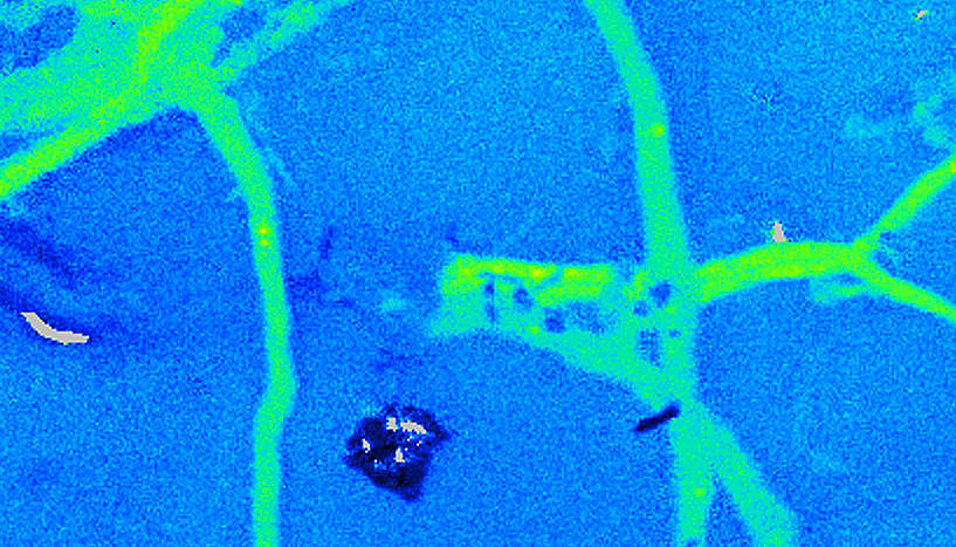A research team from the University of Zurich and from the University of Vienna present a novel approach that allows tracking of carbon from biodegradable polymers into CO2 and microbial biomass. The approach is based on 13C-labeled polymers and on isotope-specific analytical methods, including nanoscale secondary ion mass spectrometry (NanoSIMS). [read more]
In "Science Advances": Biodegradation of synthetic polymers in soils: Tracking carbon into CO2 and microbial biomass: Michael Thomas Zumstein, Arno Schintlmeister, Taylor Frederick Nelson, Rebekka Baumgartner, Dagmar Woebken, Michael Wagner, Hans-Peter E. Kohler, Kristopher McNeill, Michael Sander, Science Advances 4, eaas9024 (2018) DOI: 10.1126/sciadv.aas9024

